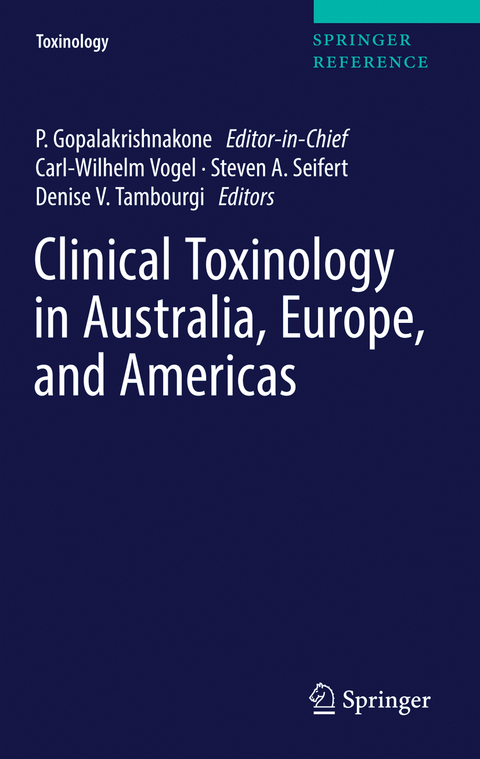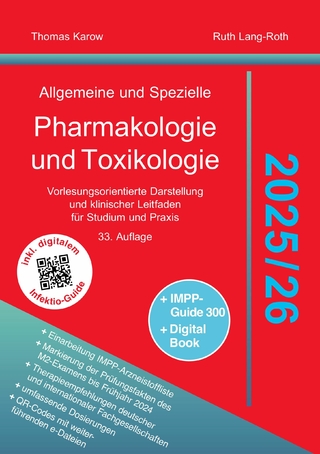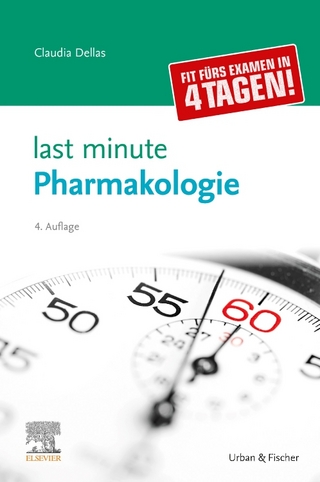
Clinical Toxinology in Australia, Europe, and Americas
Springer (Verlag)
978-94-017-7436-9 (ISBN)
Clinical toxinologic conditions are becoming increasingly frequent, more so than is generally recognized. The conditions comprise of clinical aspects such as the diagnosis, management, and prevention of snakebite envenoming, scorpion sting, mushroom toxins, plant toxins, and other natural toxins. Clinical toxinology also deals with the ecology, epidemiology, regional differences, and varieties of fauna accounting for different envenoming manifestations.
This reference work, part of the Toxinology handbook series, is designed to keep readers abreast with new knowledge and experience in toxinology regionally and globally. Toxinologists, researchers, scientists, and experts in this field from various working areas considered it necessary to collect all the aspects of clinical toxinology in a single, handy handbook. This can be used by medical students, postgraduate students, general practitioners, specialists in internal medicine, critical care physicians, emergency physicians, and anesthetists worldwide.
Prof. P. Gopalakrishnakone, M.B.B.S., Ph.D., F.A.M.S., D.Sc., is presently professor of anatomy and chairman of the Venom and Toxin Research Programme at Yong Loo Lin School of Medicine, National University of Singapore. He is also a consultant to the Defence Science Organization in Singapore and adjunct senior research scientist at the Defence Medical Research Institute. Prof. Gopalakrishnakone is an honorary principal fellow at the Australian Venom Research Unit, University of Melbourne, Australia. His research studies include structure function studies, toxin detection, biosensors, antitoxins and neutralization factors, toxicogenomics and expression studies, antimicrobial peptides from venoms and toxins, and PLA2 inhibitors as potential drug candidates for inflammatory diseases. The techniques he employs include quantum dots to toxinology, computational biology, microarrays, and protein chips. Prof. Gopalakrishnakone has more than 160 international publications, four books, about 350 conference presentations, and 10 patent applications. He has been an active member of the International Society on Toxinology (IST) for 30 years and was president from 2008 to 2012. He is also the founder president of its Asia Pacific Section, a council member, as well as an editorial board member of Toxicon, the society’s official journal. His research awards include the Outstanding University Researcher Award from the National University of Singapore (1998); Ministerial Citation, NSTB Year 2000 Award in Singapore; and the Research Excellence Award from the Faculty of Medicine at NUS (2003). His awards in teaching include Faculty Teaching Excellence Award 2003/4 and NUS Teaching Excellence Award 2003/4. Prof. Gopalakrishnakone also received the Annual Teaching Excellence Award in 2010 at both university and faculty levels. Carl-Wilhelm Vogel received his M.D. degree and Ph.D. degree in Biochemistry from the University of Hamburg in Germany. For three-and-a-half years, Dr. Vogel was a postdoctoral research fellow in molecular immunology at Scripps Clinic and Research Foundation in La Jolla, California. He completed a medical internship in Germany and 4 years of residency training in clinical pathology at Georgetown University in Washington, D.C., and at Indiana University/Purdue University in Indianapolis. He is a licensed physician and a board-certified clinical pathologist both in the USA and Germany. He was on the faculty of Georgetown University School of Medicine for approximately 9 years in the Departments of Biochemistry and Molecular Biology and Internal Medicine, and a member of the Lombardi Cancer Center, before assuming the chairmanship of the Department of Biochemistry and Molecular Biology at the University of Hamburg in 1990. In 1999, he became Director of the Cancer Research Center of Hawaii at the University of Hawaii, a position he held for about a decade. He currently is a full professor at the same institution. His research interests have been in the area of basic biomedical research with particular emphasis on the immunological aspects of cancer as well as the development of novel therapeutic concepts for diseases with complement pathogenesis,based on the complement-depleting activity of cobra venom factor. His research has been supported continuously by peer-reviewed grants since 1983, mainly from the National Institutes of Health. He is the author of well over 100 publications and patents. Steven A. Seifert, MD, FAACT, FACMT is a professor at the University of New Mexico School of Medicine, the medical director of the New Mexico Poison and Drug Information Center, and editor-in-chief of Clinical Toxicology (Taylor & Francis). Dr. Seifert received his B.S. with Honors and with Distinction from Cornell University and his M.D. from the University Of Cincinnati College Of Medicine. He completed his Medical Toxicology Fellowship at the University of Colorado, Rocky Mountain Poison and Drug Center. He is certified in Medical Toxicology by the Toxicology Sub-Board of the American Board of Emergency Medicine and has an Advanced Certification in Medical Writing and Editing from the University of Chicago. He became the medical director of the Nebraska Regional Poison Center in 2001 and, in 2007, the medical director of the New Mexico Poison Center. Among other toxinology-related activities, he participated as a principle site investigator in two snake antivenom clinical trials, both leading to USFDA approval, and a black widow spider antivenom clinical trial. It was under his US HRSA grants that the online Antivenom Index was co-conceived and co-developed with Leslie Boyer. He developed the concept for, organized and chaired the first Venom Week meeting in 2005 and hasorganized and chaired three of the five held to-date. He was a founding member and the first President (2012–2016) of the North American Society of Toxinology. He has been a faculty member in the Short Course on Clinical Toxinology at the University of Adelaide and in an abbreviated version of that course at NACCT. He has published original research, reviews, book chapters, editorials and other work on envenomation, including chapters in Goldman-Cecil’s Textbook of Medicine, Brent’s Critical Care Toxicology, Conn’s Current Therapy, Dart’s Medical Toxicology 3e, and is an author of the “Crotalinae” and “Micrurus” chapters of UpToDate. Denise V. Tambourgi graduated with a biology degree, and with a Master's and Ph.D. in Immunology, from the University of São Paulo. She is currently director of the Laboratory of Immunochemistry, Butantan Institute, and Scientist of Productivity in Research from the National Council of Scientific and Technological Development (CNPq) of Brazil. She has experience in the area of immunology, with emphasis on immunochemistry, acting on the following subjects: complement system, innate immune system, immunomodulators, venoms/toxins and antivenoms.
Animal Venoms and Nephrotoxic Effects.- Australian Chirodropid Cubozoan Jellyfish Envenomation.- Australian Snakebite and Treatment.- Clinical Management of Envenomation by Australian Carybdeid Cubozoan, Hydrozoan, and Scyphozoan Jellyfish.- Envenomation by Australian Hymenoptera: Ants, Bees, and Wasps.- Envenomation by Caterpillars.- Envenomation by Wandering Spiders (Genus Phoneutria)
| Erscheinungsdatum | 09.06.2018 |
|---|---|
| Reihe/Serie | Clinical Toxinology in Australia, Europe, and Americas | Toxinology |
| Mitarbeit |
Chef-Herausgeber: P. Gopalakrishnakone |
| Zusatzinfo | 107 Illustrations, color; 5 Illustrations, black and white; XXII, 605 p. 112 illus., 107 illus. in color. |
| Verlagsort | Dordrecht |
| Sprache | englisch |
| Maße | 155 x 235 mm |
| Themenwelt | Medizin / Pharmazie ► Medizinische Fachgebiete ► Pharmakologie / Pharmakotherapie |
| Medizin / Pharmazie ► Pharmazie | |
| Studium ► 2. Studienabschnitt (Klinik) ► Pharmakologie / Toxikologie | |
| Naturwissenschaften ► Biologie ► Biochemie | |
| Naturwissenschaften ► Biologie ► Zoologie | |
| Schlagworte | drug development • drug discovery • Toxin • Toxinology • Venom |
| ISBN-10 | 94-017-7436-6 / 9401774366 |
| ISBN-13 | 978-94-017-7436-9 / 9789401774369 |
| Zustand | Neuware |
| Informationen gemäß Produktsicherheitsverordnung (GPSR) | |
| Haben Sie eine Frage zum Produkt? |
aus dem Bereich


